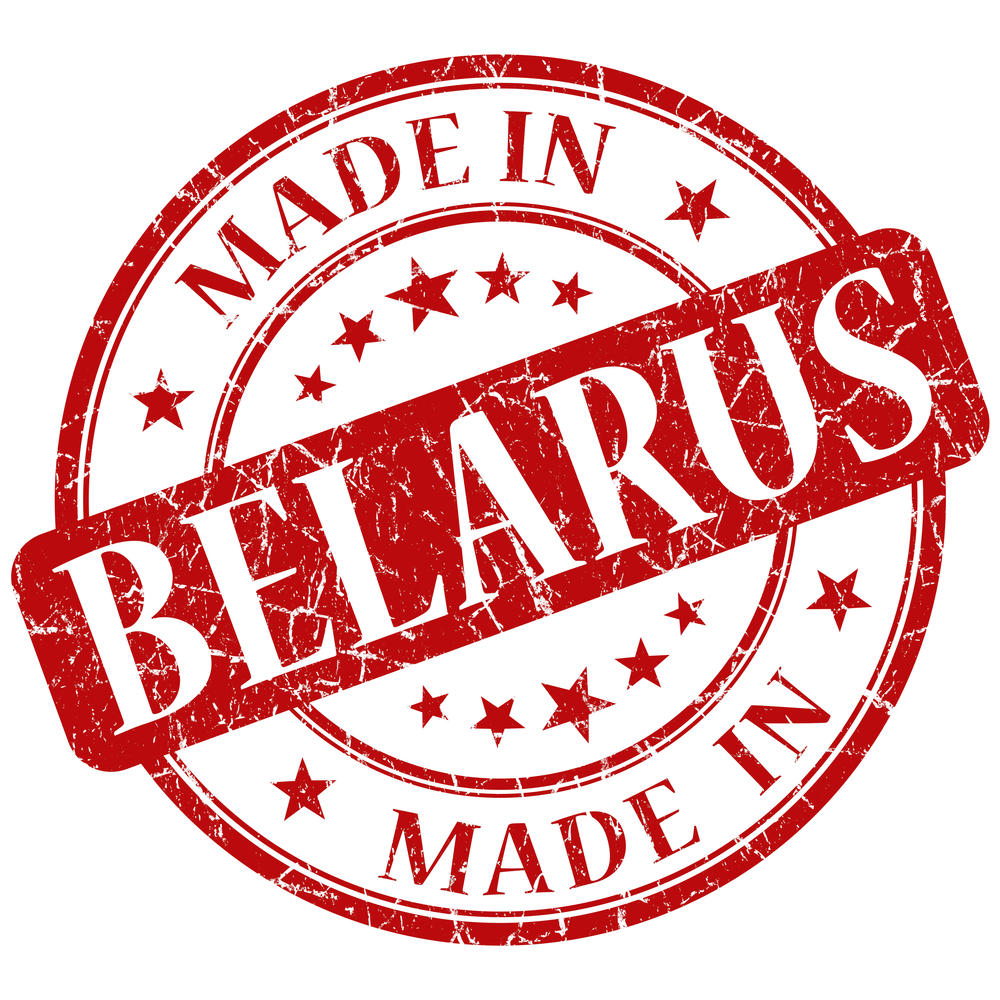Fertilizer Wars Point to New Fault-line in Moscow’s Planned Eurasian Trade Union
Belarusian strongman Alyaksandr Lukashenka usually manages to stay out of global headlines; except for a few bouts of bad behaviour which serve to remind us that he is indeed “Europe’s last dictator.”
September 17, 2013 -
Sam Patten
-
Articles and Commentary

shutterstock_144826750.jpg
In late 2010, on the eve of his re-election to a third term, Lukashenka ordered the arrest of his competitors along with some 600 protestors in a crackdown that drew broad international criticism. More recently, Lukashenka used his arrest powers on August 26th to detain Vladislav Baumgartner, the CEO of Russia’s largest potash company, in a move that has put Lukashenka back into the spotlight.
Some Russian commentators have gone so far as to liken the Belarusian autocrat to a “Somali pirate.” While in Belarus Lukashenka’s actions may actually strengthen his standing with the Belarusian people.
These two seemingly isolated events – a brutal slap-down of democratic processes and a brutish tactic in trying to resolve a trade dispute – are actually important indicators of how confident Lukashenka is in his dealings with Belarus’s far more powerful, Eastern neighbour. At the current moment, Moscow is ratcheting up pressure on the former Soviet states to join its Eurasian Customs Union, an intended counter-weight to the European Union, and is even blocking the import of Ukrainian goods in an effort to make its point. With a planned European Union summit in Vilnius in late November, Russia seeks to deter Ukraine in particular from deepening its trade association with the EU. Against this backdrop, Lukashenka’s act of defiance is particularly interesting. For its part, Moscow has taken notice.
Last week, a senior Belarus official visiting the Russian capital was delivered a double-whammy in response to recent events: three-fourths of the oil exports via the pipeline to Europe on which Belarus sits would be cut by several million tons, and Belarusian dairy products might soon be declared “unsafe” for the Russian market. This second threat echoes tactics that Moscow has used most recently against Ukraine, as well as Georgia during the height of outgoing Georgian President Mikheil Saakashvili’s anti-Russian rhetoric. The “fertilizer wars” have been expanded, and the impact of Russia’s moves amounts to new pressure on Lukashenka and his ability to shore up the support of his own public through hikes in subsidies.
Once likened to a snow-dome, Belarus is an Eastern European country of less than 10 million people tucked between Poland, the Baltics, Russia and Ukraine. It exists today in relative isolation from the West. More than two-thirds of all Belarusians with a job work for the state which continues to be perhaps the last hold-out of the command-based economy that prevailed in the Soviet Union. When his support in public opinion polls sank to less than one-third after the late 2010 crackdown, Lukashenka stemmed the sinking numbers by increasing salaries and pensions. With falling fertilizer prices, decreased energy trans-shipments and now the threat of a trade embargo, it will be increasingly difficult for him to keep doing so.
Meanwhile, there are new signs that public dissatisfaction is growing in Belarus. Last year, citizens in the small city of Smalyavichy organised an opposition to the local authorities’ plans to allow construction of a Chinese chemical plant. More recently, a reported outbreak of African Swine Flu outside Vitebsk has prompted the authorities to round up pigs from local farmers, leading to grumbling and unease in the country’s important agricultural sector. While these are relatively small and isolated events, they point to the possibility that Belarus’s government may soon be tested not only by its powerful Eastern neighbour, but also from within.
A coalition of civic groups announced last week an ambitious signature collection drive to force a national referendum on the country’s economic direction and the decentralisation of power. According to organisers, the campaign will gather 50,000 signatures by the end of this year to demand a vote on specific questions that the coalition will unveil next month. The coalition is declaredly non-political, and is focused on civic engagement as opposed to Lukashenka’s autocratic personality. Its timing may be fortuitous: next year Belarus will hold local elections and, in 2015, Lukashenka will stand for a fourth term.
Having grabbed global headlines with its plan to get Syria to relinquish chemical weapons, Russia can be said to have bigger fish to fry than a trade dispute with tiny Belarus. Still, on September 10th its foreign ministry renewed demands for Baumgartner’s release. Held in a KGB jail in Minsk ironically called “Amerikanka,” Lukashenka’s latest hostage represents financial interests close to Russian President Vladimir Putin and it is unlikely he will remain there long. The bigger question for former Soviet watchers is what precisely Lukashenka’s new assertiveness means for the fragile Eurasian trade union, and for his own longevity in office.
Sam Patten is an international political expert with extensive experience working in Eastern Europe the former Soviet Union. He has counselled political leaders in Russia, Georgia, Ukraine, Romania, Albania and Central Asia and has served as the Eurasia regional program director for Freedom House and a senior advisor at the U.S. Department of State.


































